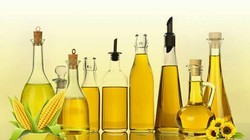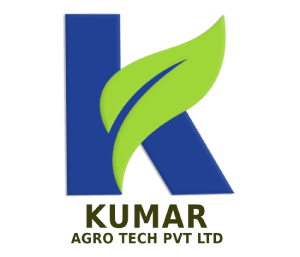
Difference Between Edible Oil and Non-Edible Oil
All over the planet, people have started diversifying oilseed cultivation to match modern day’s health, nutritional and taste requirements. Although oil is popularly derived from oilseeds like groundnut, soybean, sunflower, rapeseed mustard, castor, cotton seed, etc., various tree fruits (like coconut, palm, olive, etc.) also are reliable sources for oils; after all, fruit sources provide higher yielding. Oil, derived from such vegetable sources, is named oil. However, every edible fat might not necessarily be suitable for human consumption and thus they’re used industrially. Moreover, commercial value of certain edible oils is healthier for industrial usage, for instance cathartic.
Apart from oil, there are many petroleum based oils which are non-edible. Such petroleum oils are extensively used for various industrial applications like fuels. Rapid depletion of petroleum oil reserves together with the steep increase in energy demand throughout the globe paved the way for locating out alternative sources for wide industrial requirements. As a result of extensive research, now-a-days it’s possible to utilize certain vegetable oils such as biodiesel et al.. However, large scale commercialization remains pending due to its high cost and low rate of supply. Therefore, all vegetable and petroleum oils are broadly classified into another two groups—edible oil and non-edible oil.
As the name suggests, edible oils are beneficial for human consumption and are popularly used for such purposes. Cooking Oil Suppliers In Chennai, Sunright Sunflower Oil has high nutritional value and greater industrial demand. Such oils also require less processing to create it safe and hygienic for health. Majority of vegetable oils come under edible oil; however not all. There are few vegetable oils and every one petroleum oils which don’t seem to be suitable for eating and have industrial demand. Such oils are grouped under the umbrella of non-edible oils. Even animal fats also come under this group. Various differences between edible oil and non-edible oil are given below in table format.
These are more expansive because of tight requirement cleanliness and also limited supply. Best Sunflower Oil Wholesalers In Chennai, Sunright Sunflower Oil are of comparatively cheaper price and are economic for industrial large scale applications.
Sources: Cooking Oil Manufacturers In Chennai, Sunright Sunflower Oil is directly extracted from Sunflower Seeds. Thus their sources are predominantly organic; for instance seeds of groundnut, soybean, sunflower, rapeseed, linseed, safflower, peanut, etc. Oil extracted from tree fruits or seeds like vegetable oil, vegetable oil, olive oil, etc. are edible. All vegetable oils aren’t edible; some vegetable oils have low demand as a food source. There are quite 50 crops whose oil is primarily used for industrial purposes, some popular examples are rubber, neem, tobacco, castor, drumstick, almond, avocado, tomato, bean, date, rice, milkweed, sal, salmon, kusum, jojoba, etc. except these non-edible vegetable oils, petroleum based oils and fat are predominantly used for non-edible purposes. So non-edible oils encompass non-edible vegetable oils, petroleum oils, and animal fats and thus, they are often organic or inorganic. However, there exist no clear boundary between culinary use and industrial use, so certain oils will be used for both purposes supporting market demand and production.




